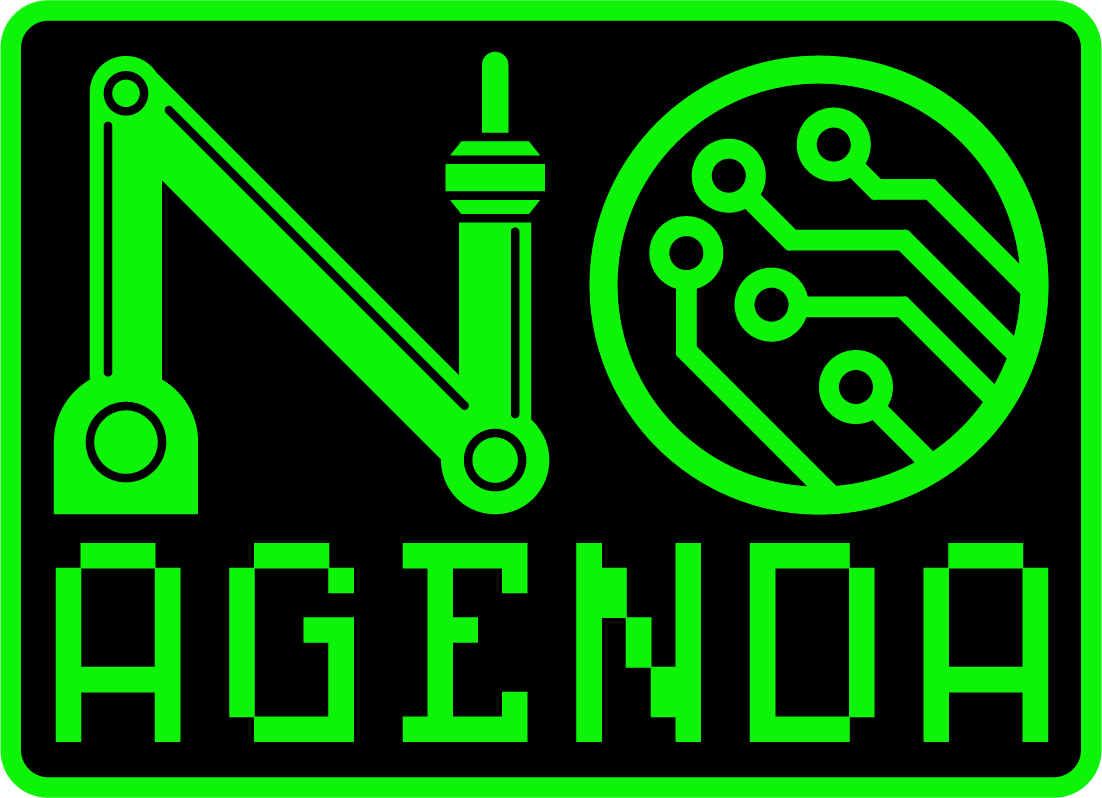| This week I want to speak about a powerful word: Regret. Regret is defined as a feeling of sadness or disappointment about something that you did—or something you did not do. Maybe you regret something you said to a colleague, a loved one, or even a stranger—and wish you could take it back. Or, maybe you regret not speaking up, or not taking advantage of an opportunity—and wish you had. Regardless, the feelings that come up because of words, actions, or inactions can be formidable. They can be paralyzing. Painful. Debilitating. But I want you to reframe how you view regret by making one simple mindset shift… View regret as a tool The thing is, we all have things we wish we did or didn’t say or do. But you can’t live in the past. But you can learn from it. And those learnings can help you to make better decisions. And to help others, too. To learn from your regrets, ask yourself the following questions: What’s the lesson here? If you could go back in time, what would you do differently? Now, what’s a situation you can imagine happening now, or in the future, that would put you in danger of making the same mistake? How can you set yourself up to handle things differently this time? Can you: walk away before things get out of hand? bite your tongue? ask for advice? By answering these questions, you use past learnings to better equip “present you” to handle difficult situations. And by visualizing those situations, you get mental practice. How can I use what I’ve learned to help others? Besides helping yourself, you might also be able to help others. Do you have a colleague, a family member, or a close friend you’ve seen make a similar mistake—or come close to making that mistake? Look for an opportunity to share your story. Doing so may save them from future regret. Can I forgive myself? Sometimes, we’re much harder on ourselves than others. The fact that you feel regret is proof that you wish you had done things differently. Proof that you’re a different person today than you were that day. (Or, at least, in a different frame of mind.) Forgiving yourself doesn’t mean you agree with the past version of you, or approve of what you did. It just means you’re giving yourself permission to move on. By moving on, you transform regret from something that holds you back, to something that moves you forward. That’s a powerful reframe that changes more than the way you feel. It can change your entire life. So, stop allowing regret to trap you in the past. And start using it to live better, now. Talk soon, |
Justin


Leave a Reply